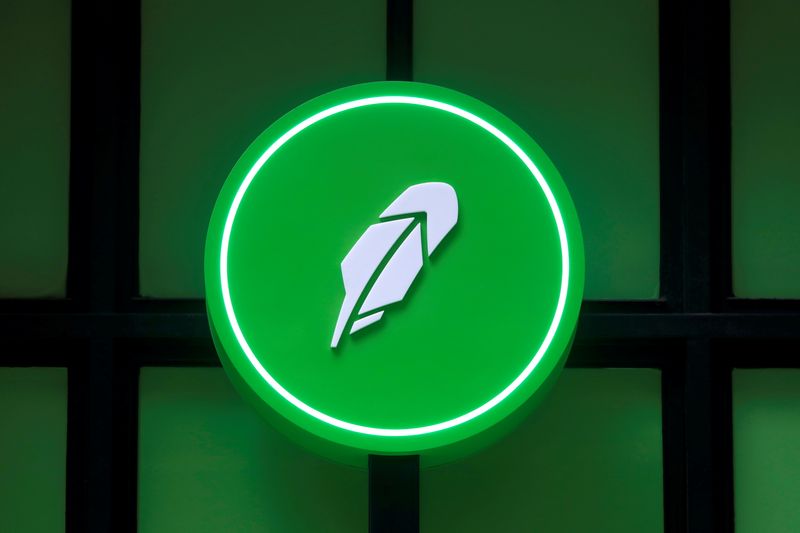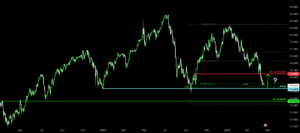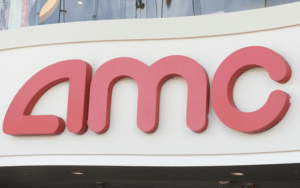Jeffrey Tsvi Pinner, the Chief Technology Officer of Robinhood Markets , Inc. (NASDAQ:HOOD), recently executed a sale of company stock. According to a filing with the Securities and Exchange Commission, Pinner sold 5,876 shares of Class A Common Stock on January 6, 2025. The sale was conducted at an average price of $42.6405 per share, totaling approximately $250,555. The transaction comes as Robinhood, now valued at $36 billion, has seen its stock surge over 228% in the past year. InvestingPro analysis indicates the stock is currently trading above its Fair Value.
The transaction was carried out under a Rule 10b5-1 trading plan, which Pinner adopted on November 11, 2024. The shares were sold in multiple trades throughout the day, with prices ranging from $41.92 to $43.12.
Following this transaction, Pinner’s direct ownership of Robinhood shares remains at 5,876.
In other recent news, Robinhood has seen significant developments. JPMorgan (NYSE:JPM) upgraded Robinhood’s stock from Underweight to Neutral, acknowledging the company’s progress and diversified operations. Revenue growth and profitability have been strong, with earnings per share of $0.60 over the last twelve months. Robinhood has also introduced new products aimed at attracting more engaged users. Despite these advancements, questions remain about the company’s long-term profitability potential due to smaller average account sizes compared to its peers.
Goldman Sachs (NYSE:GS) reaffirmed its Buy rating for Robinhood, projecting the company’s fourth-quarter trading revenue to be 51% higher than consensus estimates. Piper Sandler also maintained an Overweight rating, highlighting robust trading volumes and strong revenue growth over the last twelve months. Barclays (LON:BARC) upgraded Robinhood’s shares to Overweight, citing a positive outlook on cryptocurrency and expansion.
These are recent developments in the company’s expansion, including a 36% year-over-year increase in Q3 2024 revenues to $637 million and the acquisition of TradePMR for $300 million. The company also expanded its cryptocurrency offerings to 20 tokens and launched new trading products. However, companies with significant cryptocurrency exposure experienced a downturn due to a significant pullback in Bitcoin’s value and the Federal Reserve’s signals of interest rate caution.



